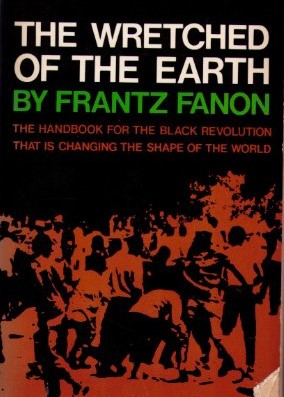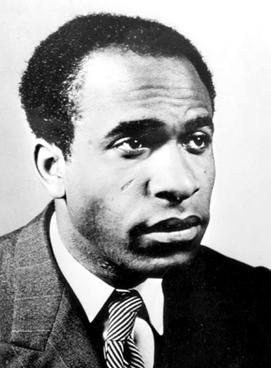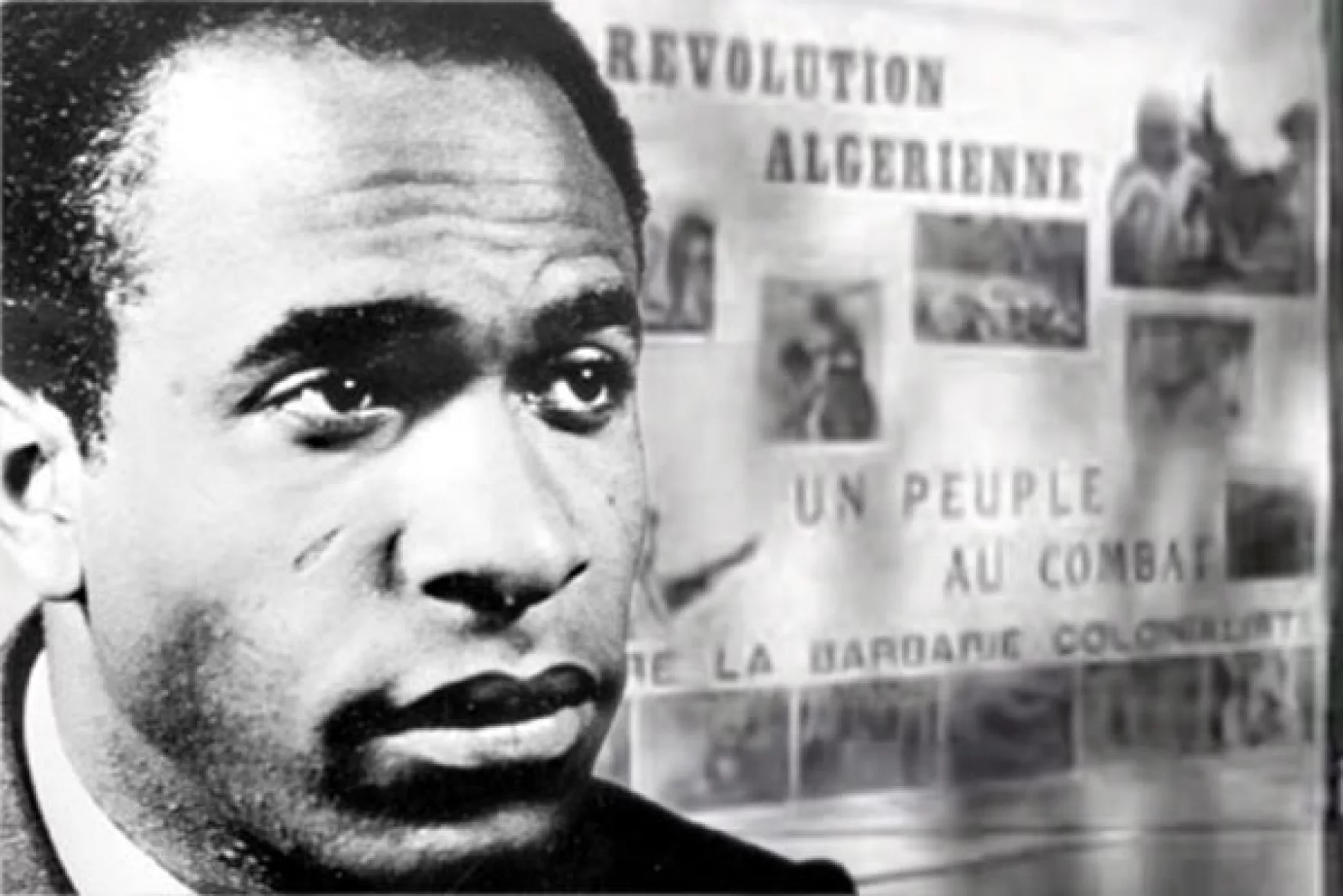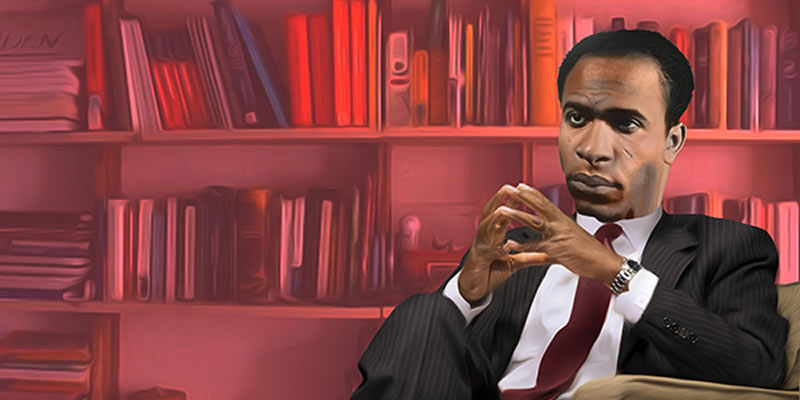
Fanon argues that the colonizer attempts to dehumanize the colonized by imposing their culture and way of life on them
SHOUKAT LOHAR
[I heard Mansour say to Richard, ‘You transmitted to us the disease of your capitalist economy. What did you give us except for a handful of capitalist companies that drew off our blood — and still do?’ Richard said to him, ‘All this shows that you cannot manage to live without us. You used to complain about colonialism and when we left you created the legend of neo-colonialism. It seems that our presence, in an open or undercover form, is as indispensable to you as air and water.’ They were not angry: they said such things to each other as they laughed, a stone’s throw from the Equator, with a bottomless historical chasm separating the two of them – Tayeb Salih, Sudanese writer and cultural journalist]

Frantz Fanon (1925 – 1961) born at the Caribbean island of Martinique, then a French colony, was a writer, psychiatrist, and philosopher who is best known for his work on the psychological and cultural effects of colonialism. Fanon’s seminal work ‘The Wretched of the Earth’ explores the dynamics of colonizer and colonized, postcolonial phenomenon, and the situation of third world countries. In this article, we will examine these concepts in depth, summarize Fanon’s ‘The Wretched of the Earth’, and share some quotes from postcolonial writers.
Colonizer and Colonized
Colonizer and colonized are two terms that describe the relationship between the European powers that colonized many parts of the world in the 19th and 20th centuries and the people who were colonized. The colonizer is the European power, while the colonized refers to the people who were subjugated and ruled by the colonizer.
Frantz believes that the only way for the colonized to reclaim their identity and dignity is through violent revolution
The colonizer came with the intention of exploiting the resources of the colonized country, and to do so, they imposed their culture, language, and way of life on the colonized people. This resulted in a loss of identity for the colonized people, who were forced to adopt the culture and way of life of their colonizers.
 Postcolonial Phenomenon
Postcolonial Phenomenon
Postcolonial phenomenon refers to the period of time after a country has gained independence from a colonial power. During this period, there is often a struggle to establish a new national identity, as the people who have been colonized attempt to reclaim their culture and way of life. This process can be difficult, as the legacy of colonialism can be deeply ingrained in the culture and institutions of the newly independent country.
Third World Countries
The term Third World was originally used during the Cold War to describe countries that were not aligned with either the capitalist West or the communist bloc. Today, the term is often used to describe countries that are economically and socially underdeveloped. These countries are often former colonies, and they continue to struggle with the legacy of colonialism.
Notes from ‘Wretched of the Earth’
“The Wretched of the Earth” is Fanon’s most famous work, and it explores the psychological and cultural effects of colonialism. Fanon argues that colonialism is a violent and dehumanizing process that has a profound impact on both the colonizer and the colonized. He believes that the only way for the colonized to reclaim their identity and dignity is through violent revolution.
 Fanon also explores the psychological effects of colonialism on the colonizer
Fanon also explores the psychological effects of colonialism on the colonizer
Fanon argues that the colonizer attempts to dehumanize the colonized by imposing their culture and way of life on them. This results in a loss of identity for the colonized people, who are forced to adopt the culture and way of life of their colonizers. Fanon argues that this process is violent and dehumanizing and that it leads to a sense of alienation and despair among the colonized.
Fanon also explores the psychological effects of colonialism on the colonizer. He argues that the colonizer is also dehumanized by the process of colonization, as they are forced to participate in a violent and oppressive system.
Quotes from Postcolonial Writers
Postcolonial writers have explored the themes of colonialism, identity, and oppression in their works.
Nigerian writer and poet Chinua Achebe: “Until the lions have their own historians, the history of the hunt will always glorify the hunter.”
Indian political psychologist, social theorist Ashis Nandy: “Modern colonialism won its great victories not so much through its military and technological prowess as through its ability to create secular hierarchies incompatible with the traditional order.
_____________
 Shoukat Lohar is Assistant professor in English at Mehran University of Engineering and Technology Jamshoro. He can be reached at Shoukat.ali@faculty.muet.edu.pk
Shoukat Lohar is Assistant professor in English at Mehran University of Engineering and Technology Jamshoro. He can be reached at Shoukat.ali@faculty.muet.edu.pk